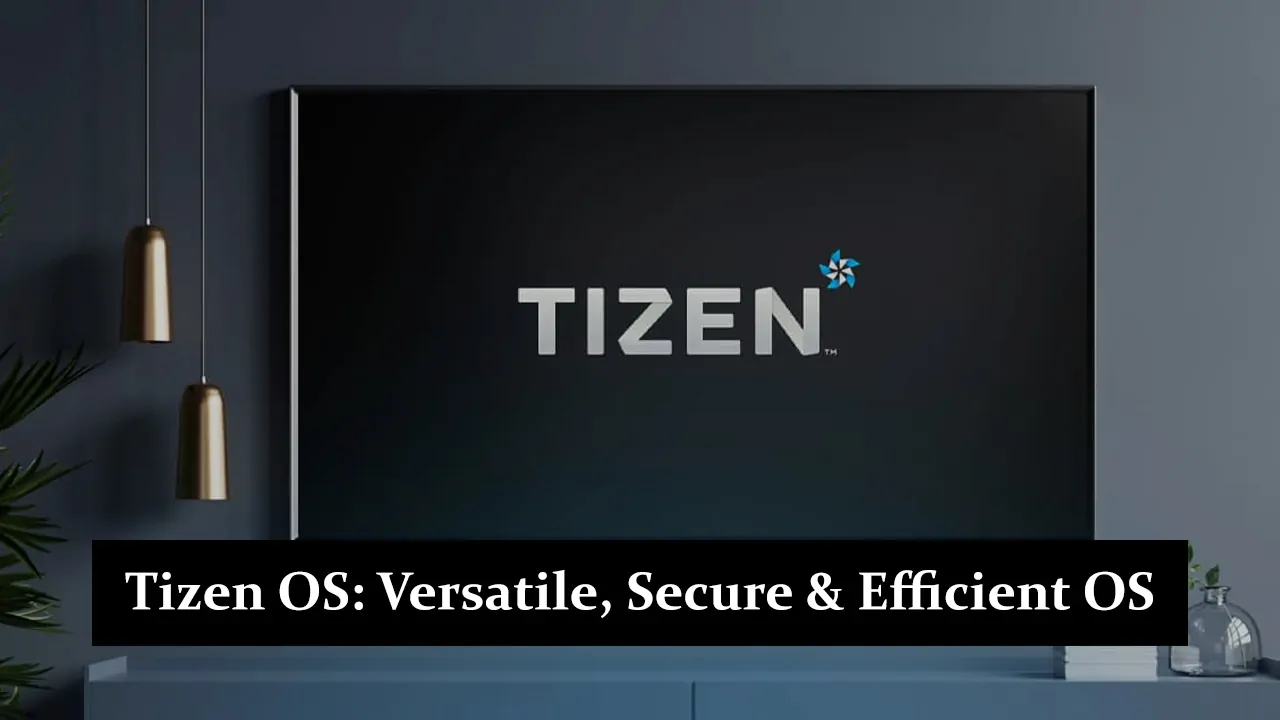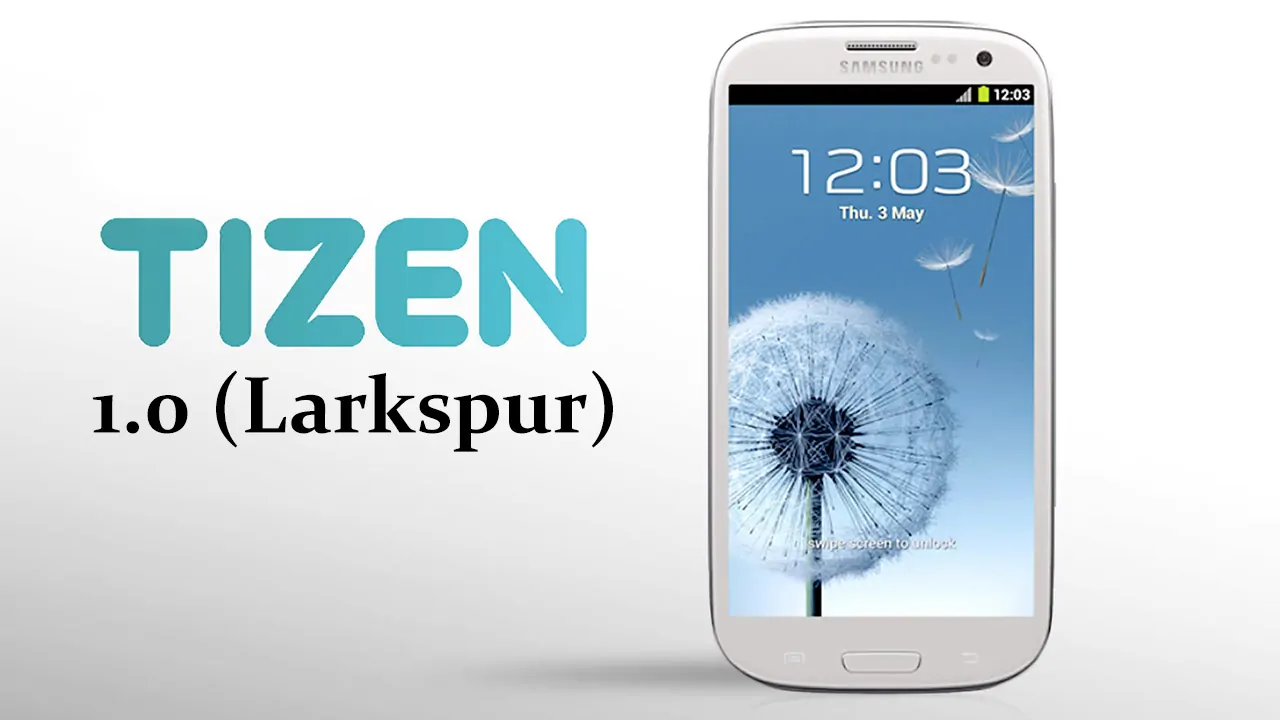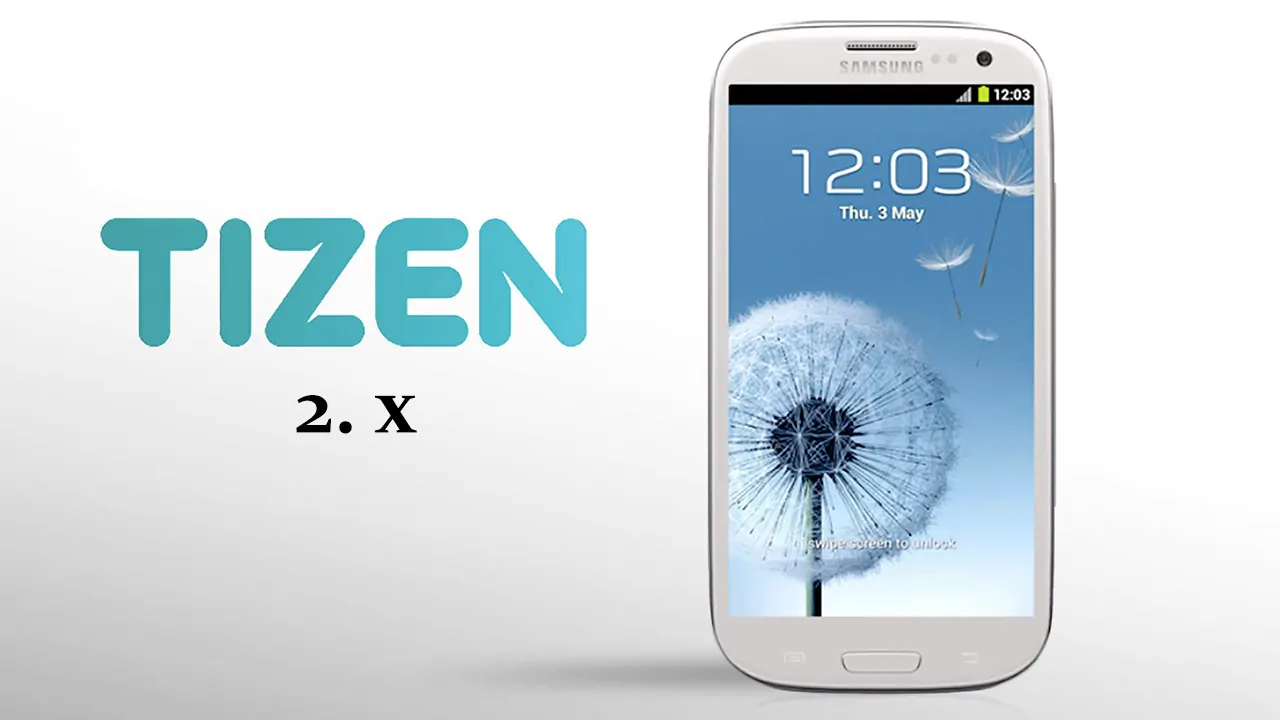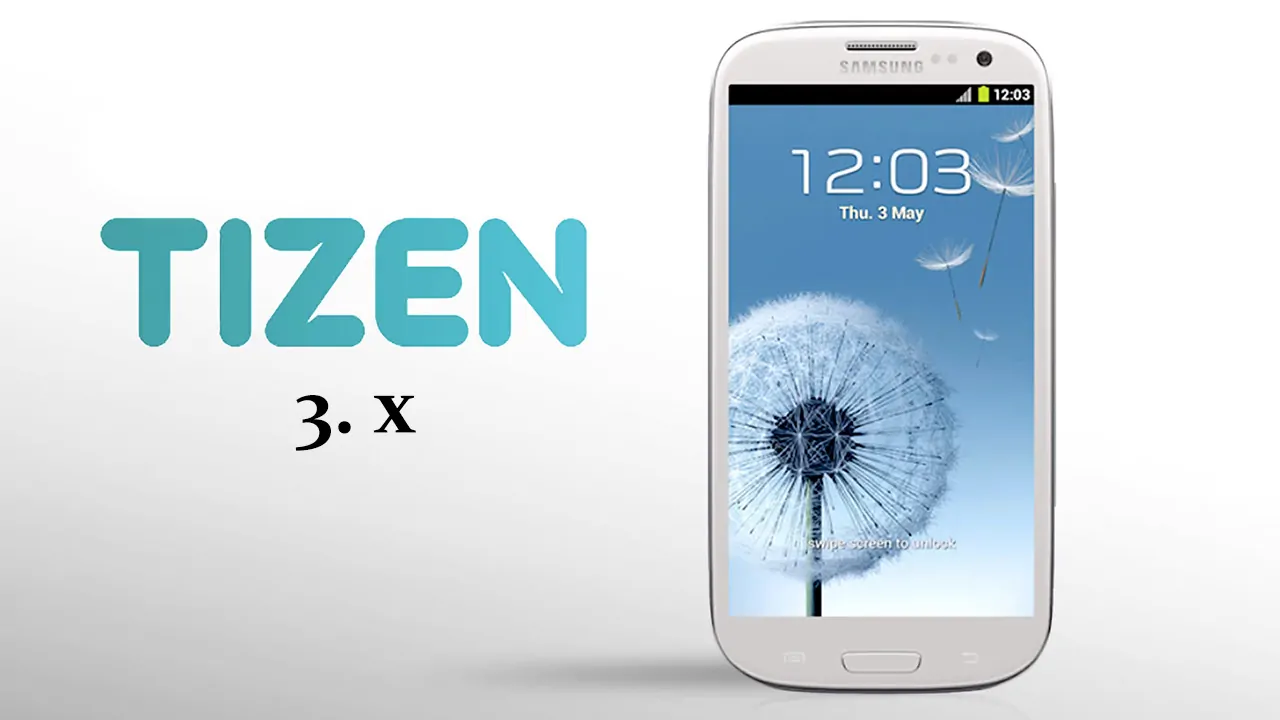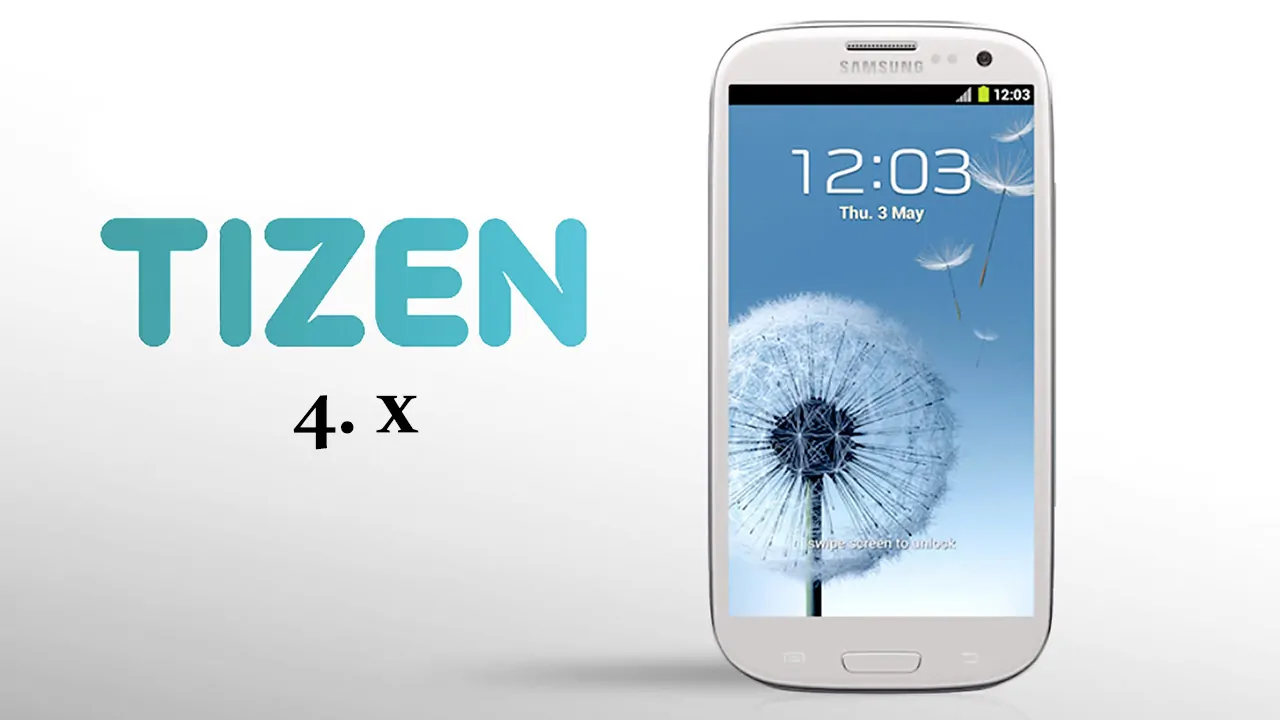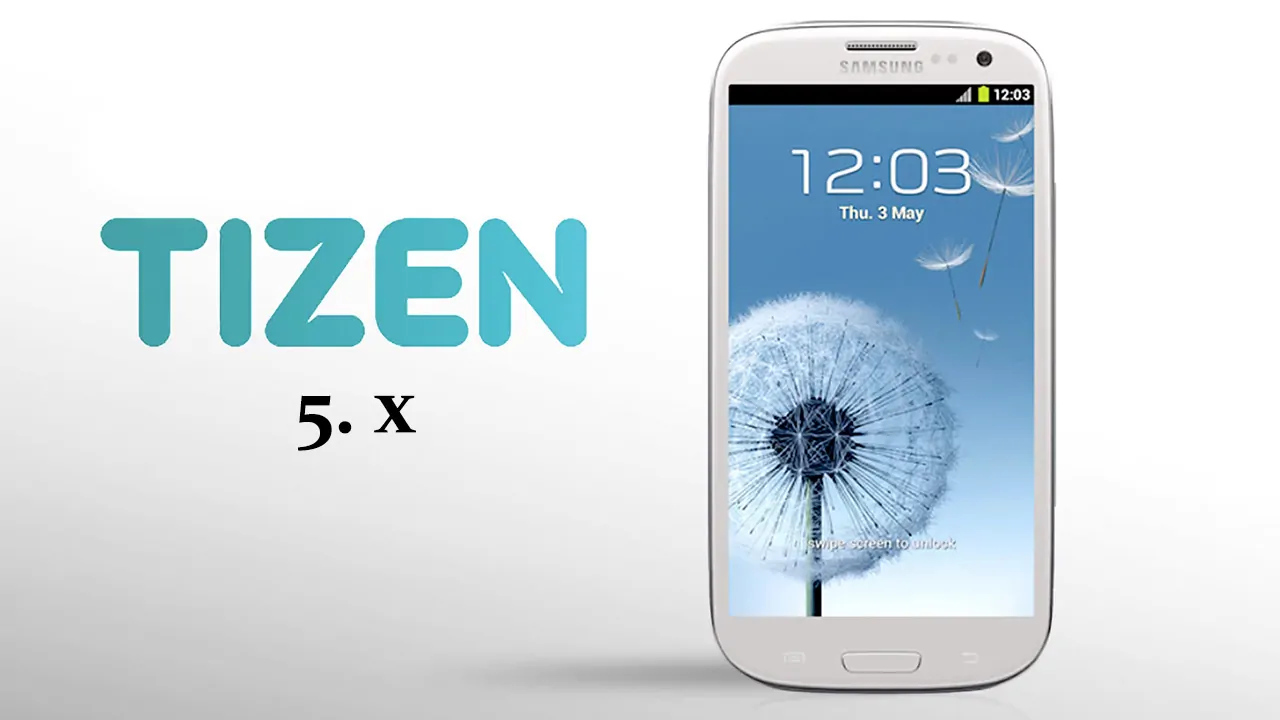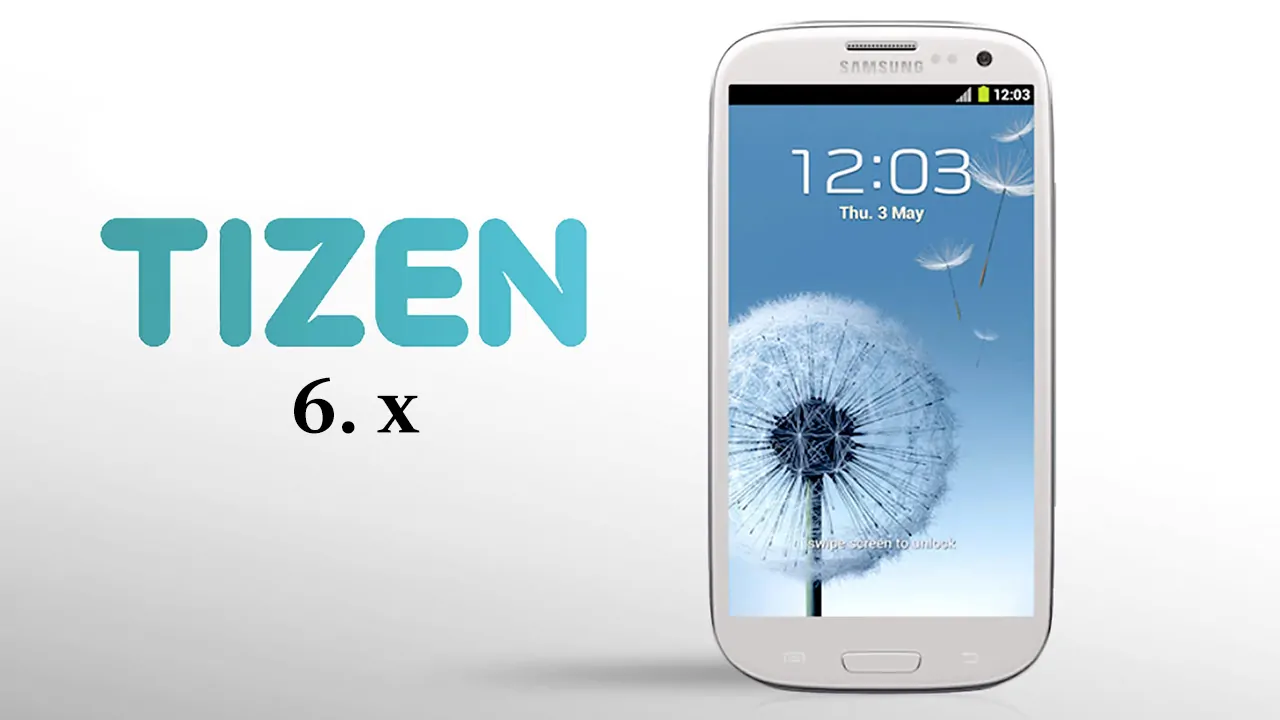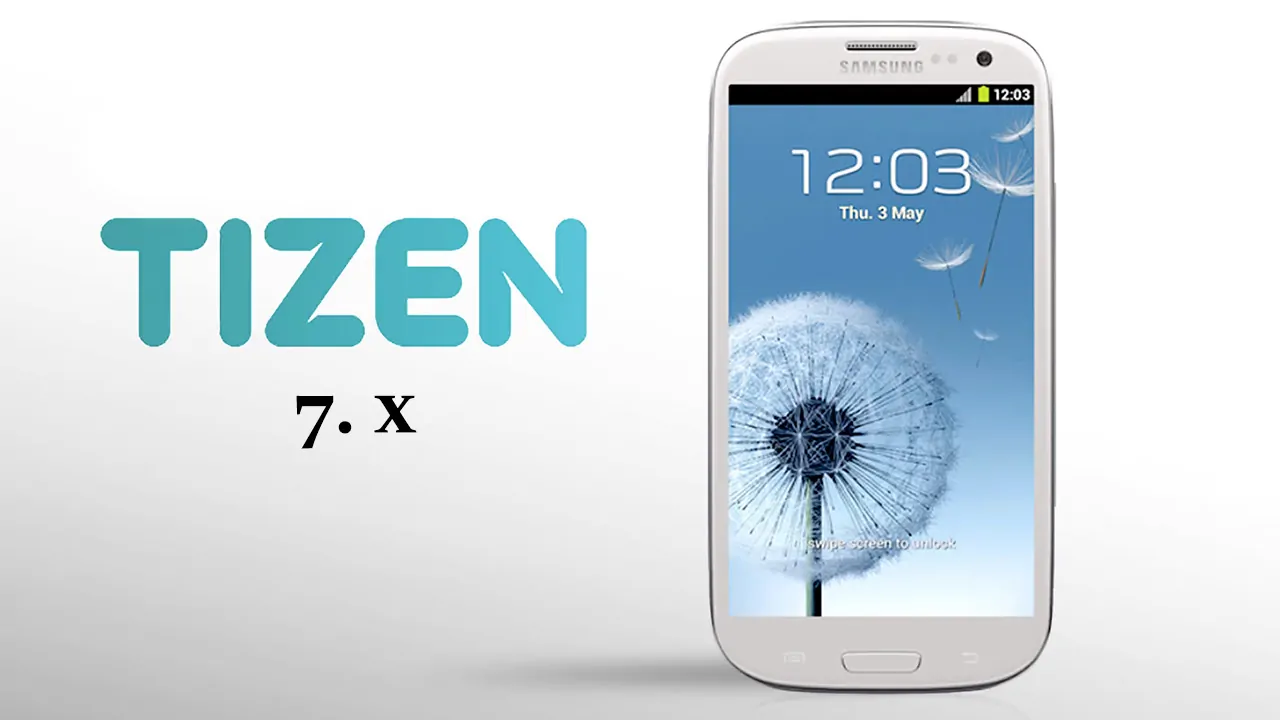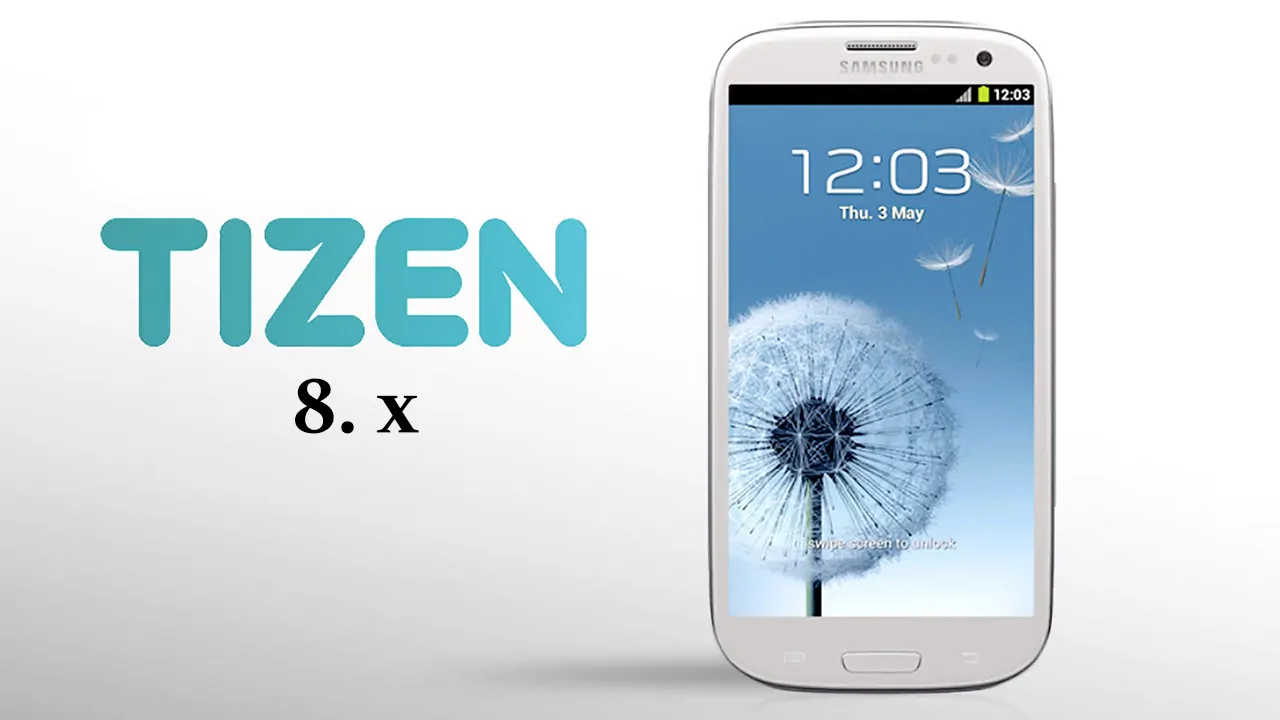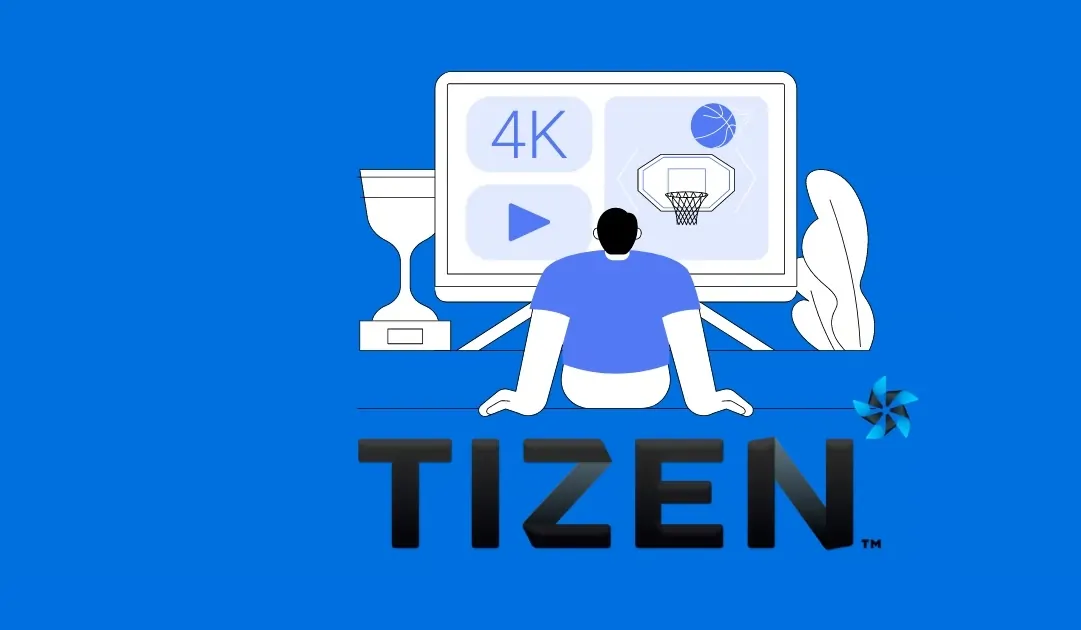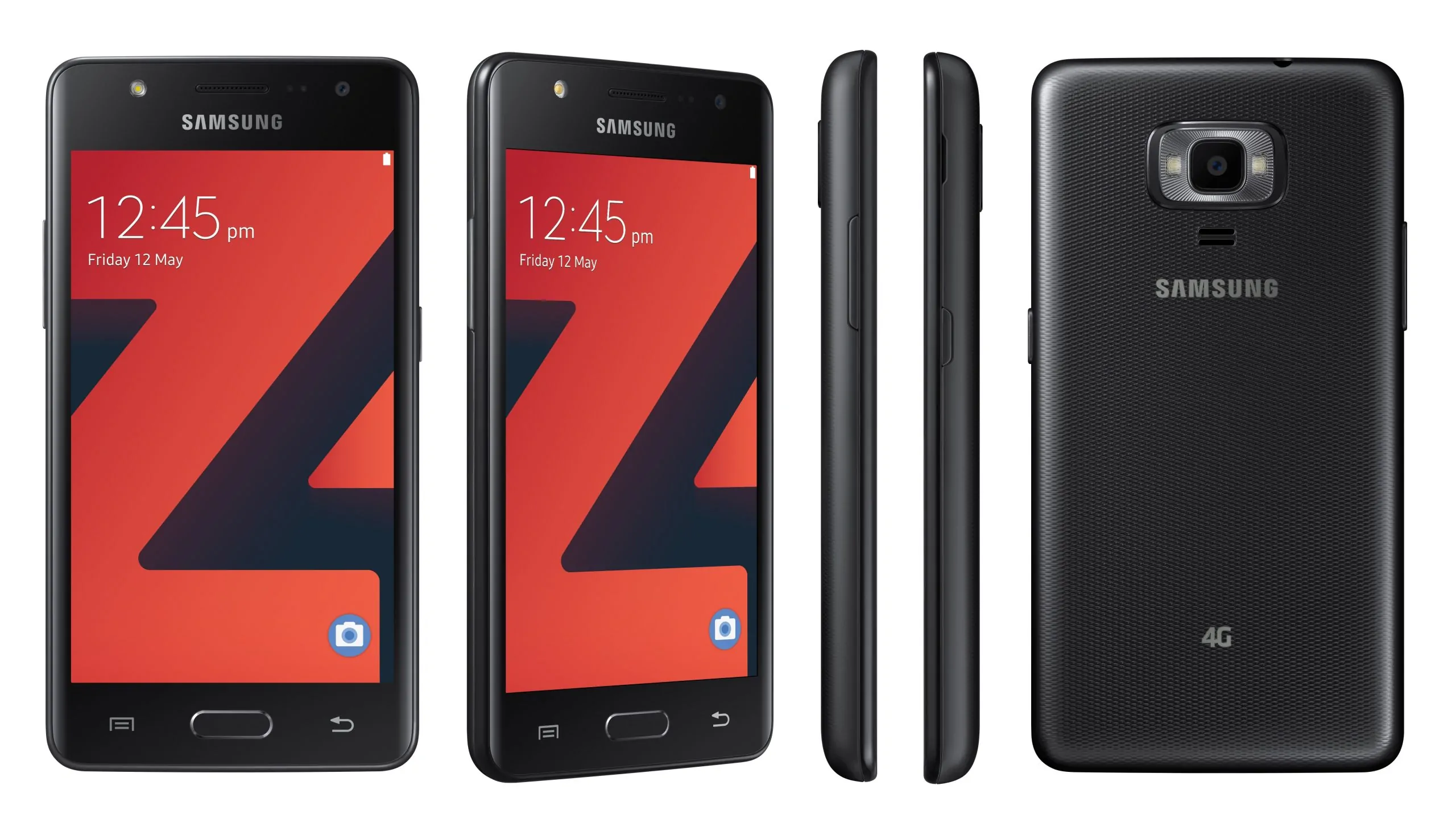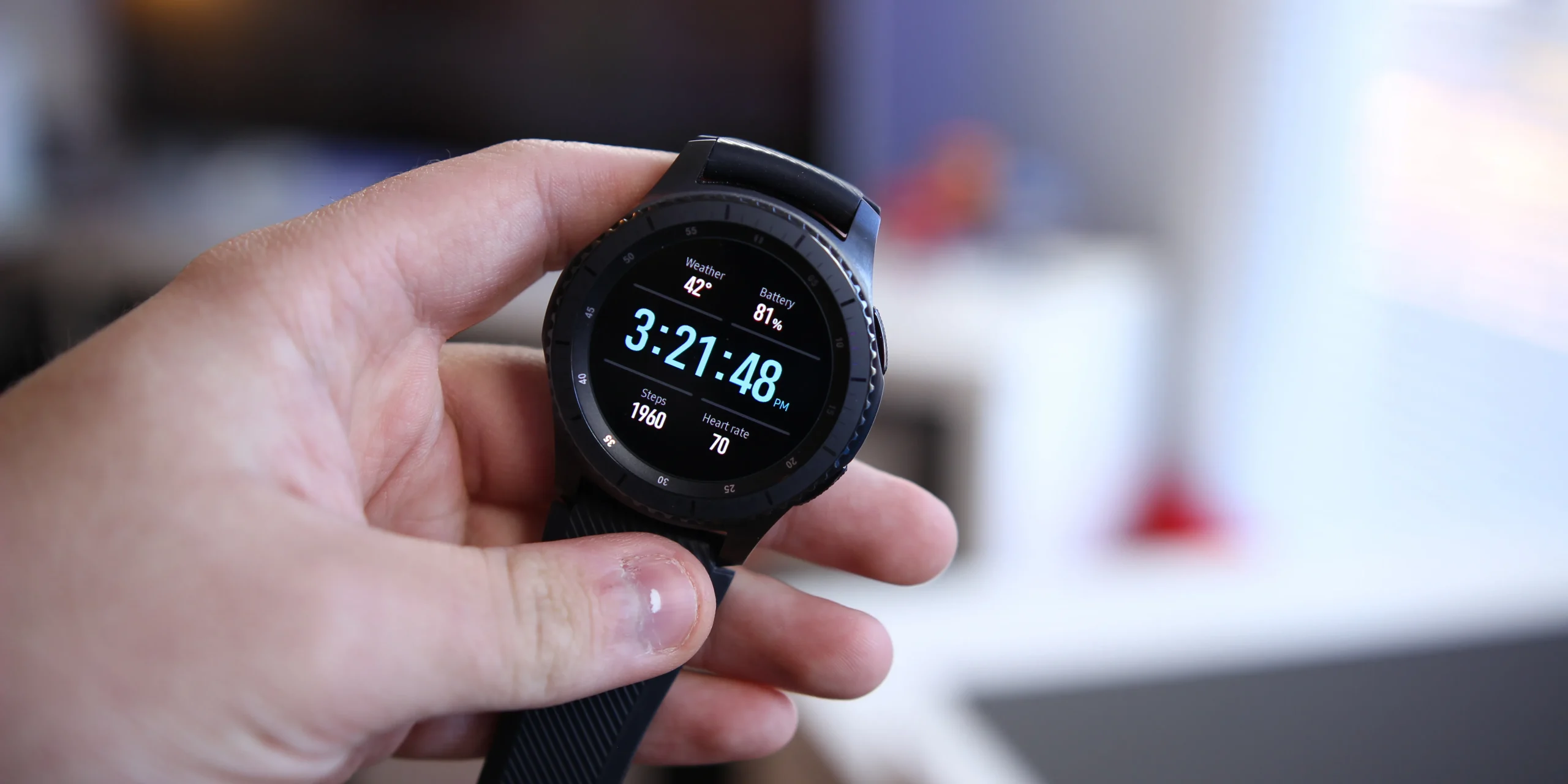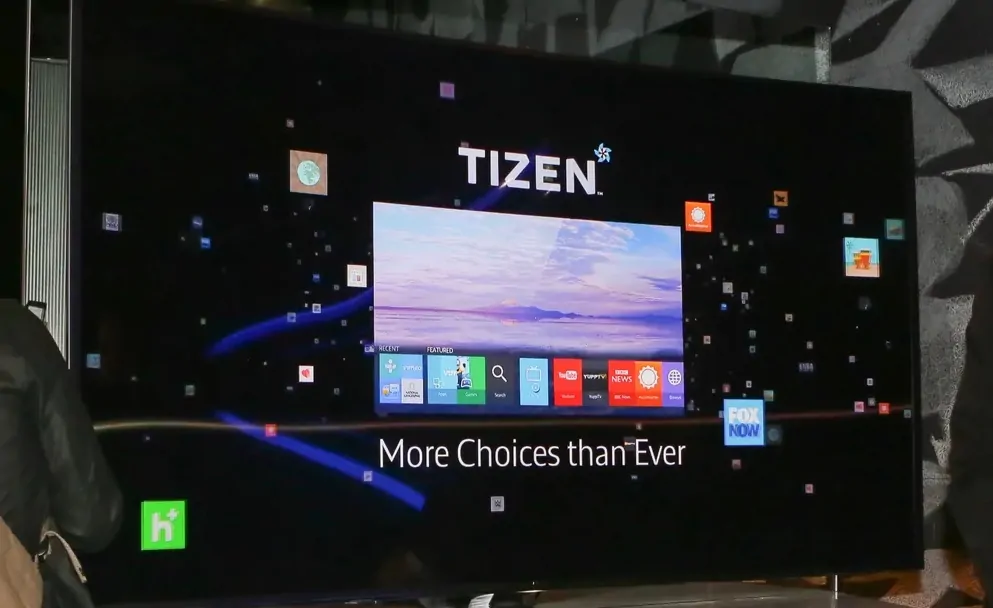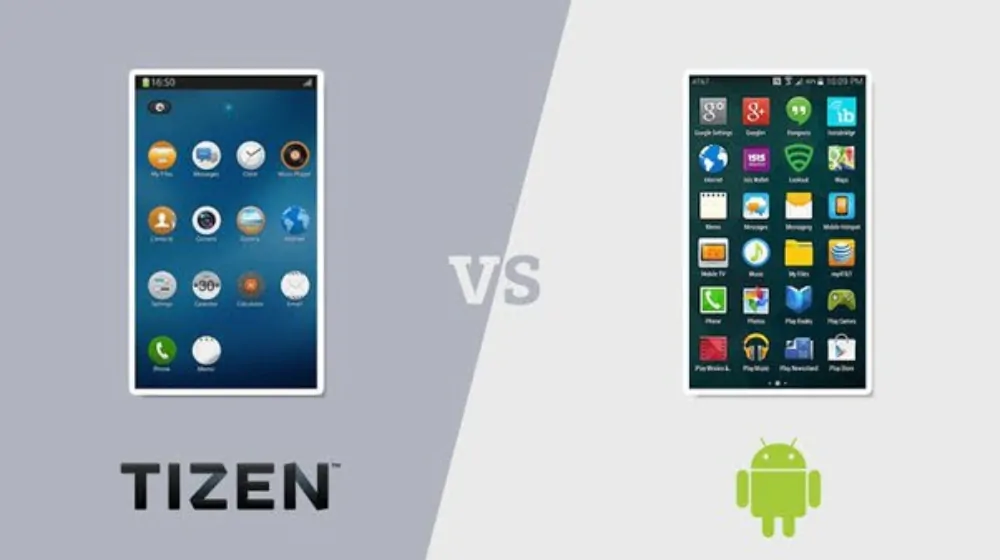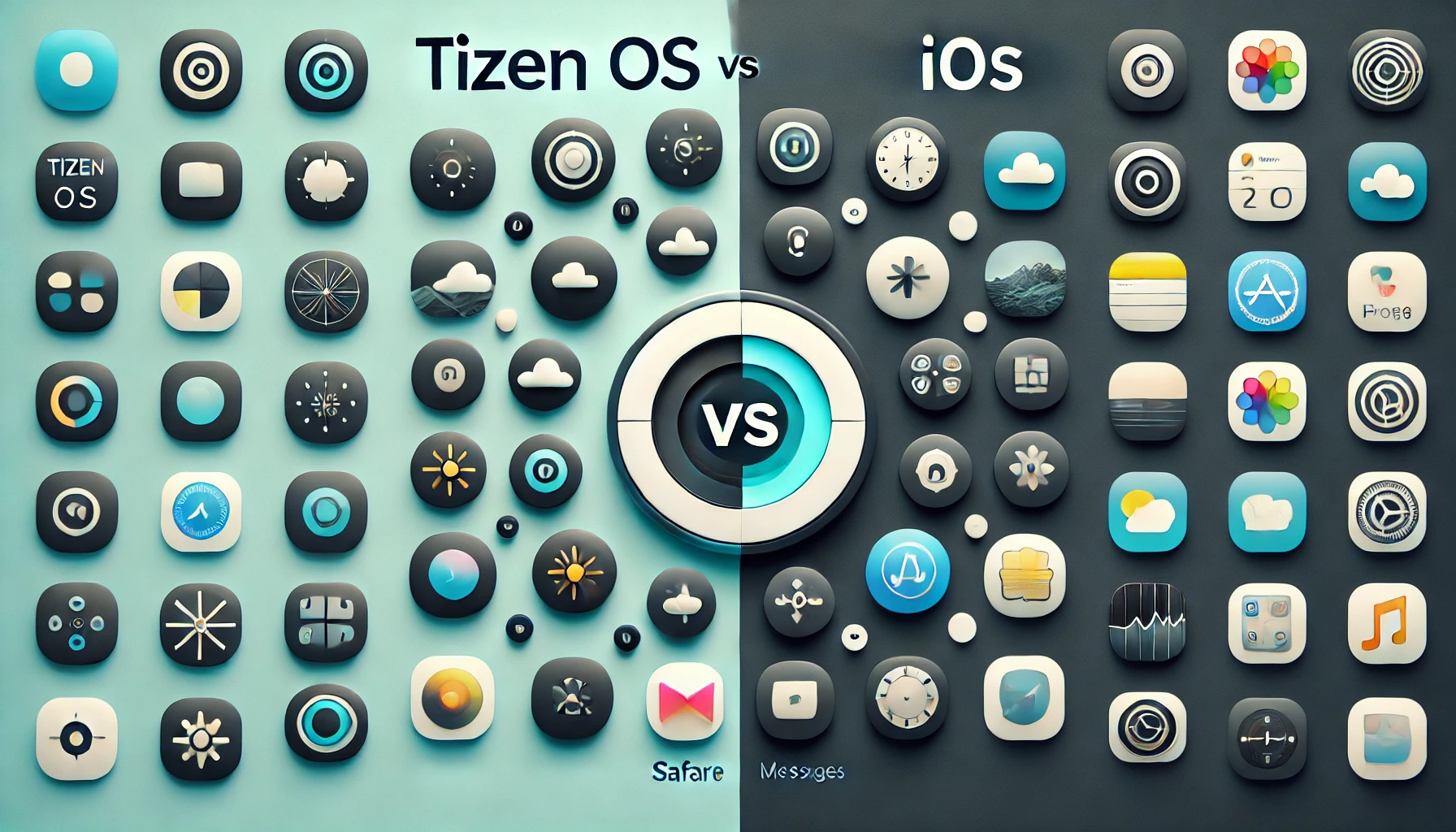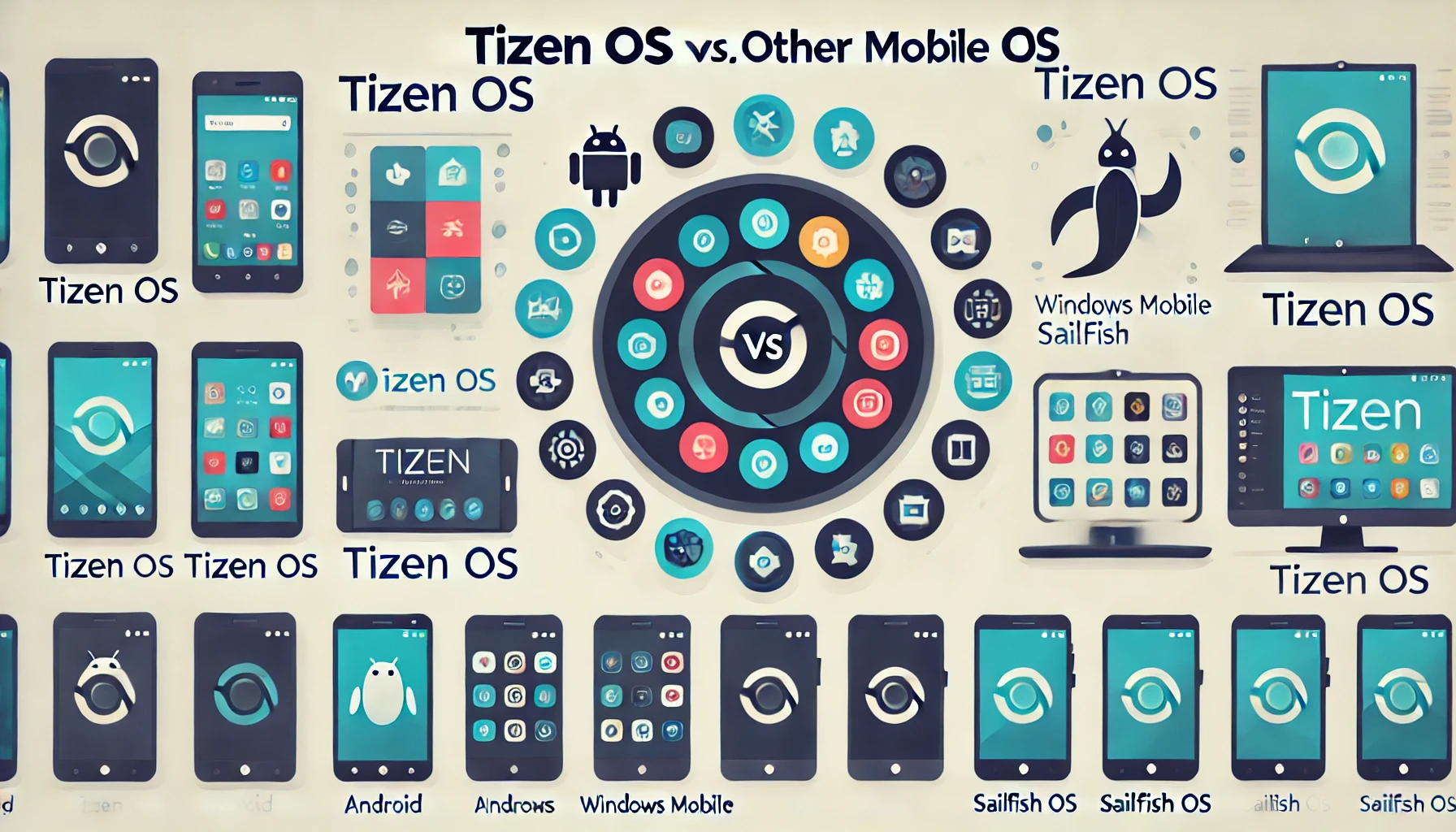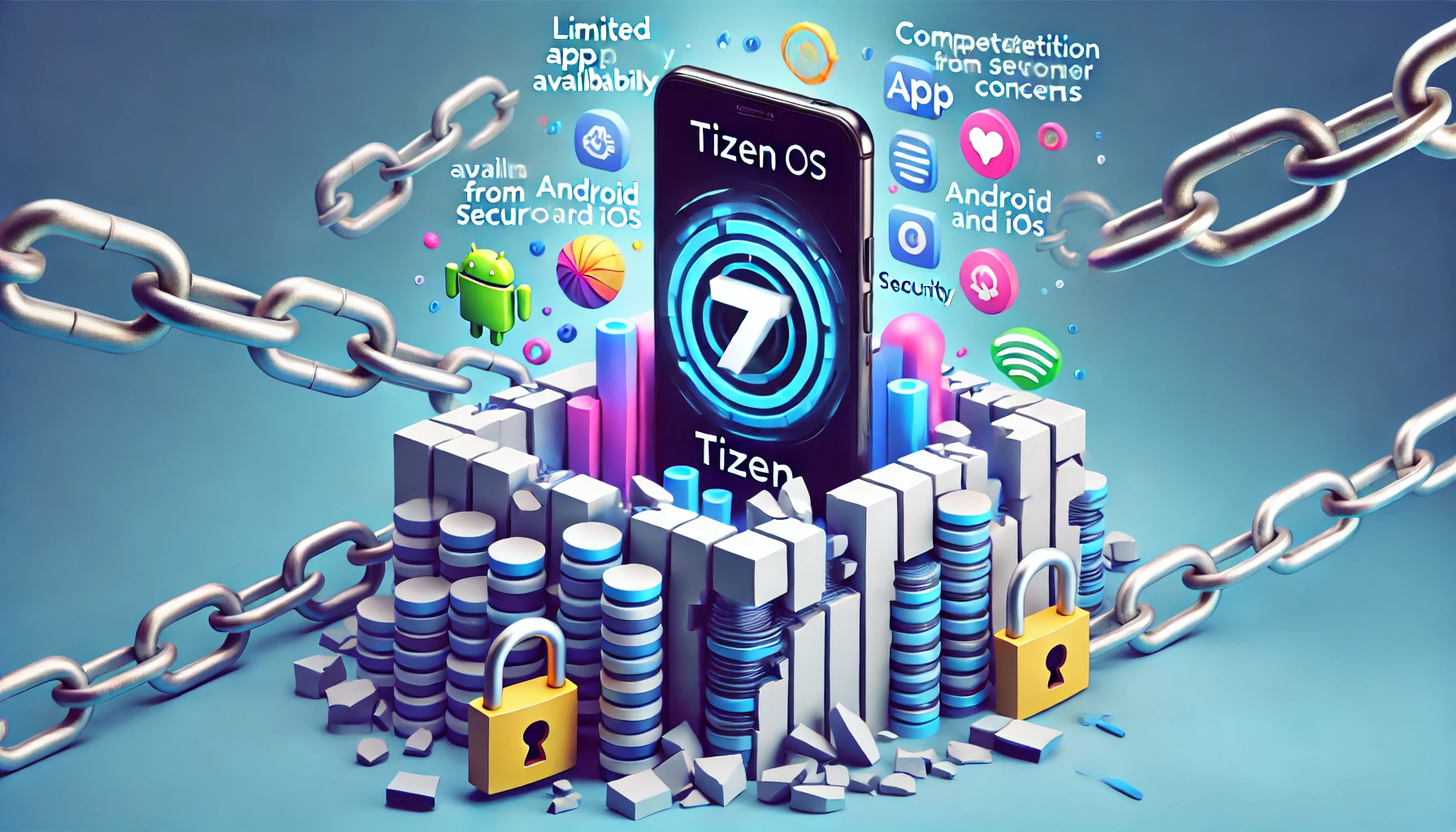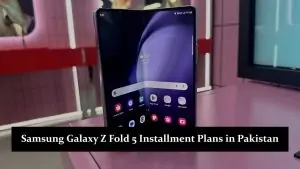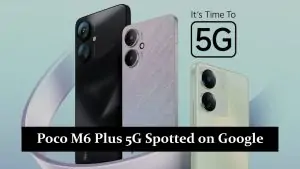Tizen OS, developed by the Linux Foundation and released in 2012, is an open-source system for smartphones, TVs, wearables, and IoT devices. Known for its lightweight and efficient performance, it offers a robust alternative to dominant systems like Android and iOS. Tizen OS is crucial today due to its adoption in many Samsung smart TVs, providing a seamless user experience. Its importance in the current tech landscape lies in advancing smart, interconnected technology. As the demand for smarter devices grows, Tizen OS continues to shape the future of device ecosystems.
Versions of Tizen OS
Tizen 1.0 (Larkspur)
Released on April 30, 2012, Tizen 1.0 introduced the OS. It features a robust foundation for web applications, a flexible UI framework, and support for various device profiles.
Tizen 2. x
- Tizen 2.0: Released on February 18, 2013, it introduced enhanced web APIs, improved graphics and multimedia capabilities, and a refined user interface.
- Tizen 2.1: Released on May 18, 2013, it brought minor improvements and bug fixes.
- Tizen 2.2: Released on July 22, 2013, this version adds features like text-to-speech and extended security options.
- Tizen 2.2.1: Released on November 9, 2013, further enhancements and performance improvements were provided.
- Tizen 2.3: Released on February 9, 2015, this update focused on optimizing the Operating System for mobile phones, improving performance and battery life.
- Tizen 2.3.1 to 2.4 Rev8: These updates, which occurred between September 3, 2015, and August 2, 2016, included incremental enhancements, new functionalities, and extensive performance optimizations.
Tizen 3. x
- Tizen 3.0: Released on January 18, 2017, it featured significant updates, including a 64-bit architecture, enhanced security, improved multi-user support, and better graphics performance. The IVI (In-Vehicle Infotainment) version, focusing on automotive applications, was released on April 22, 2014.
- Tizen 3.0 Milestones: Between September 17, 2015, and November 30, 2017, Tizen 3.0 received multiple public milestones, each introducing various improvements and new features.
Tizen 4. x
- Tizen 4.0: Released on May 31, 2017, it focused on performance improvements and added new features like enhanced IoT capabilities and support for .NET applications. Subsequent updates till August 31, 2018, brought further refinements.
Tizen 5. x
- Tizen 5.0: Released on May 31, 2018, it introduced enhanced AI features, improved connectivity options, and support for more device types.
- Tizen 5.5: Released on May 31, 2019, it continued to build on these features with performance improvements and new functionalities.
Tizen 6. x
- Tizen 6.0: Released on May 31, 2020, focused on better AI integration, improved security, and expanded IoT features.
- Tizen 6.5: Released on May 31, 2021, brought significant user experience and performance updates.
Tizen 7. x
- Tizen 7.0: Released on May 31, 2022, it introduced major updates, including better multitasking, enhanced graphics, and more robust security measures.
Tizen 8. x
- Tizen 8.0: Released on May 31, 2023, it provided the latest updates, focusing on future expectations. These included improved performance, new features, and expanded support for emerging technologies.
Features of Tizen OS
User Interface and Design
Tizen OS boasts a sleek, intuitive user interface that provides a seamless and enjoyable user experience. The OS’s highly customizable design allows manufacturers to tailor the look and feel to their devices. Its modern, user-friendly interface ensures that navigation is straightforward and aesthetically pleasing.
Performance and Speed
Tizen OS is optimized for high performance and speed, ensuring efficient operation across various devices. The OS is lightweight, contributing to faster boot times, quick app launches, and smooth multitasking. This efficiency extends battery life, making it a suitable choice for devices that require long-lasting performance.
Security Features
Security is a paramount feature of Tizen OS. The OS incorporates multiple layers of security, including secure boot, application sandboxing, and data encryption. Tizen’s security framework is designed to protect user data and maintain system integrity, making it a reliable choice for consumers and enterprises.
Compatibility with Various Devices
One of the standout features of Tizen OS is its compatibility with a wide range of devices. Tizen OS offers a versatile platform that supports various hardware profiles, from smartphones and smartwatches to smart TVs and IoT devices. This broad compatibility enables a cohesive ecosystem where different Tizen-powered devices can work together seamlessly.
Tizen OS in Mobile Devices
Integration with Smartphones
Tizen OS has been effectively integrated into various smartphones, particularly those produced by Samsung. This integration ensures that Tizen-powered cell phones offer a unique blend of performance, efficiency, and customizability. The OS is designed to work seamlessly with the hardware, optimizing resource usage and providing a smooth user experience.
Key Mobile Features and Functionalities
Tizen OS in mobile devices has many features tailored for a superior mobile experience. These include a highly responsive touch interface, robust app support, and advanced multimedia capabilities. Tizen OS offers efficient multitasking, comprehensive security features, and excellent battery management. It supports various connectivity options, such as Wi-Fi, Bluetooth, and NFC, ensuring that Tizen-powered smartphones can easily connect with other devices and networks.
Tizen OS in Wearables
Role in Smartwatches
Tizen OS plays a significant role in the functionality of smartwatches, providing a robust and efficient operating system that enhances user experience. It powers the interface and operations of various smartwatches, ensuring smooth performance, responsive touch interactions, and seamless integration with other devices.
Key Features for Wearable Technology
Tizen OS offers several key features specifically designed for wearable technology. These include advanced fitness tracking, heart rate monitoring, and sleep analysis, which provide users with comprehensive health and wellness data. The OS also supports customizable watch faces, intuitive navigation, voice control, and app integration, making smartwatches more versatile and user-friendly. Tizen’s efficient power management ensures that wearables have a longer battery life, essential for devices meant to be worn throughout the day and night.
Popular Devices Using Tizen OS
Several popular devices utilize Tizen OS, with Samsung’s Galaxy Watch series being the most notable. These smartwatches are praised for their sleek design, robust feature set, and seamless performance, all powered by Tizen OS. Other devices include the Samsung Gear series, which also leverages Tizen OS to deliver a high-quality wearable experience. These devices highlight the adaptability and strength of Tizen OS in the wearable tech market.
Tizen OS in Smart TVs
Integration with Smart TVs
Tizen OS is seamlessly integrated into many smart TVs, particularly those manufactured by Samsung. This integration allows Tizen OS to power the entire smart TV experience, from the user interface to the core functionalities, providing a smooth, responsive, and intuitive user experience.
Features and Functionalities for TV Users
Tizen OS offers a host of features tailored for smart TV users. These include a user-friendly interface with easy navigation, quick access to popular streaming services, and an extensive app store. The OS supports advanced features like voice control, screen mirroring, and multi-tasking, allowing users to enjoy a more interactive and connected viewing experience. Tizen OS provides high-performance video playback, fast boot times, and seamless integration with other smart devices in the home ecosystem.
Comparison with Other Mobile OS
Tizen OS vs. Android
- Market Share and Reach: Android dominates the global mobile OS market with a significant share, while Tizen OS, primarily found in Samsung devices, holds a niche segment, particularly in specific markets and device categories like wearables and smart TVs.
- Performance and Speed: Tizen OS is lightweight and optimized for performance, often resulting in faster boot times and efficient resource management than Android, which can be heavier due to its extensive features and app support.
- Security Features: Both Tizen OS and Android have robust security features. Tizen OS incorporates secure boot, application sandboxing, and data encryption. Android also offers comprehensive security measures, including regular patches, Google Play Protect, and built-in malware protection.
- App Ecosystem and Availability: Android boasts a vast app ecosystem with millions of apps on the Google Play Store. While having a more limited app store, Tizen OS focuses on quality and essential apps, ensuring a smooth and secure user experience.
Tizen OS vs. iOS
- User Interface and Experience: iOS is known for its polished, user-friendly interface and seamless integration with Apple’s ecosystem. Tizen OS also offers a sleek and intuitive interface, customizable to fit different devices, but it may not be as refined or universally recognized as iOS.
- Performance and Speed: iOS is optimized for Apple devices, providing high performance and speed. Tizen OS is also designed for efficiency and speed, particularly on Samsung devices, offering fast boot times and responsive performance.
- Security Features: iOS is renowned for its strong security features, including data encryption, secure boot, and regular updates. Tizen OS matches this with its security measures, ensuring a secure user environment.
- App Ecosystem and Availability: The Apple App Store offers a vast selection of apps, highly curated for quality and security. Tizen OS has a smaller app ecosystem but ensures that essential apps are available and optimized for performance and security.
Tizen OS vs Other Mobile OS (e.g., Windows Mobile, BlackBerry OS)
- Unique Features and Strengths: Tizen OS excels in its lightweight design, efficient performance, and versatility across various devices. While discontinued, Windows Mobile was known for its seamless integration with Microsoft services. BlackBerry OS, also discontinued, was famed for its strong security features and productivity tools.
- Market Position and Challenges: Tizen OS is unique, especially in wearables and smart TVs, but faces challenges in gaining a broader mobile market share against giants like Android and iOS. Despite their strengths, Windows Mobile and BlackBerry OS struggled with market share and app ecosystem limitations, leading to their decline. Tizen OS continues innovating, focusing on niche markets and specific device categories to maintain relevance.
Challenges Faced by Tizen OS
Competitive Landscape and Challenges Faced
Tizen OS operates in a highly competitive landscape dominated by well-established operating systems like Android and iOS. These giants have a significant head start regarding market presence, user base, and app ecosystems, making it challenging for Tizen OS to carve out a substantial market share.
Limited App Ecosystem Compared to Major OS Platforms
One of the primary challenges Tizen OS faces is its limited app ecosystem. While it supports essential apps and provides a smooth user experience, the number of available apps is significantly lower than Android and iOS. This limitation can deter potential users accustomed to the extensive app libraries offered by its competitors.
Market Penetration Issues
Market penetration has been another hurdle for Tizen OS. Despite integrating into various Samsung devices, Tizen OS has struggled to achieve widespread adoption in the global mobile market. Its presence is often overshadowed by the dominant market positions of Android and iOS, which enjoy extensive user loyalty and brand recognition.
Conclusion
Tizen OS offers a unique blend of performance, security, and versatility across various devices, from smartphones to smart TVs and wearables. Despite facing challenges in market penetration and app ecosystem expansion, its significance in the tech landscape remains notable. Tizen OS continues to evolve, promising future advancements and opportunities. We encourage readers to explore Tizen OS and consider developing this innovative platform to contribute to its growing ecosystem.
